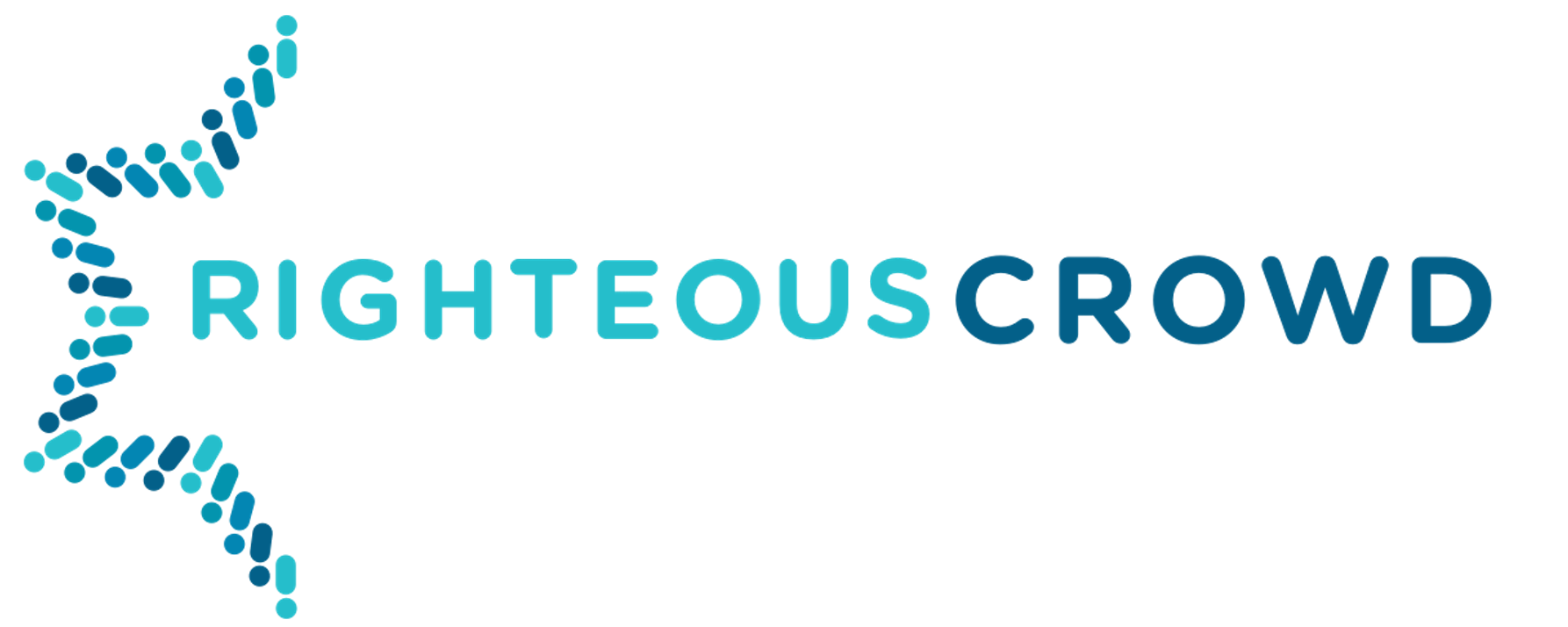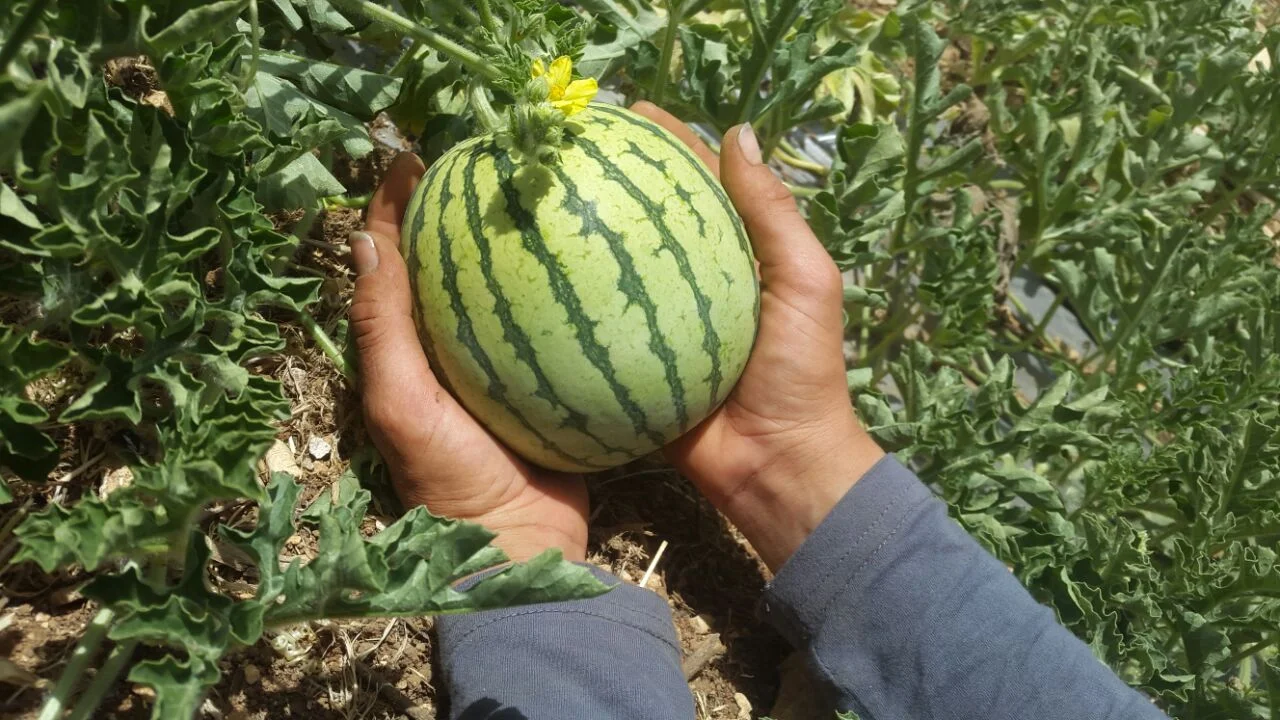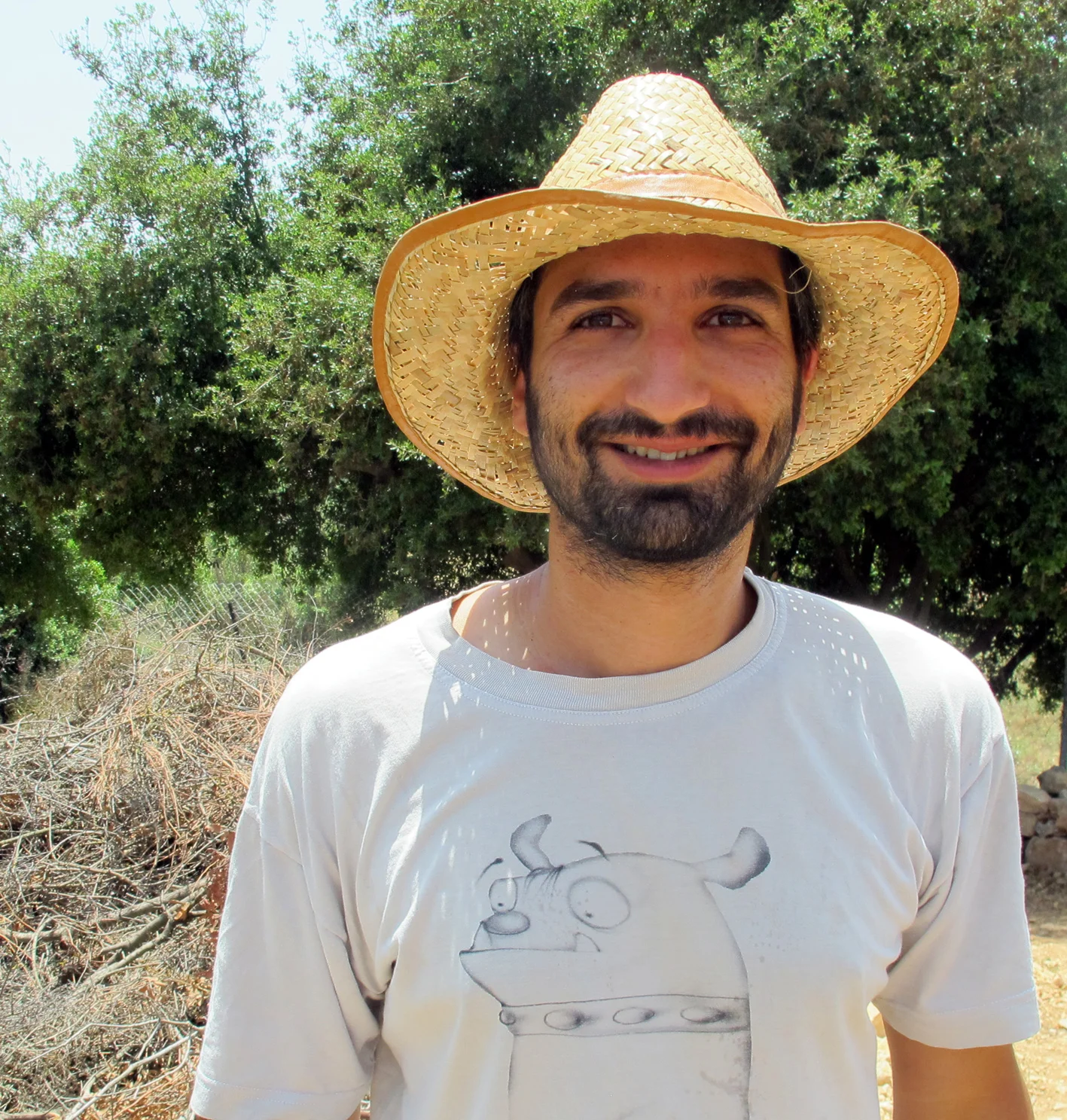Yoni Yefet Reich, Amutat Kaima Founder
“We started with the idea of bringing together young people who had dropped out of school into nature in order to create a safe, inviting environment where the label of being “at risk” or “troubled” was irrelevant.”
What is the mission of your organization?
Amutat Kaima (sustainability in Aramaic), is an Israeli NGO that challenges the “one-size-fits-all” prescription of Israel’s national education system. Kaima, instead, re-engages and empowers youth (ages 15-18, identified by the Ministry of Welfare), who have dropped out of school or are on the cusp of doing so, through a multi-faceted program of hands-on organic farming, business learning, personal development, and community activities, all of which take place in nature’s great outdoor classroom – the farm. We value our young farmers as major players in determining their own success and that of the farm and to this end they are given significant responsibility in a real-life initiative. Amutat Kaima currently oversees four educational farms in Israel and one abroad.
Why did you decide to start/support your organization?
In 2013, a group of likeminded mostly under-30 educators and agriculturalists and I had the crazy idea of establishing an educational farm along Jerusalem’s rocky and ancient terraced hillside. That farm is now the first in our ever-growing international network. We started with the idea of bringing together young people who had dropped out of school into nature in order to create a safe, inviting environment where the label of being “at risk” or “troubled” was irrelevant.
How would you connect your organization to a Jewish value?
The pace of life on Kaima farms is in sync with the sustainable rhythm of the Jewish calendar. It challenges the modern farmer to reinterpret biblical traditions and tractates, including the agricultural sabbatical (Shmita), and feeding the hungry (Pe’ah).
Who or what has inspired you in the work that you are doing?
Dr. Aryeh Geiger (of blessed memory) was my much loved mentor. I believe that the Jewish world owes a debt of gratitude to Dr. Geiger – a true educational visionary - whose unceasing commitment to revitalize Israel’s school system by elevating diversity and acceptance of the “other” will be felt for generations. Inspired by his unceasing actions to spirit forward important educational developments, such as the successful passage of Israel’s Pluralistic Education Law of 2008, I am among many motivated to continue on the path he set forth, paying attention to the example he set, I gain my deepest inspiration when working in our fertile fields, side by side with our young farmers.
What’s a story about your organization that is meaningful to you?
This year, one of the most heartening moments came when Hudi, one of our young farmers who had left the school system for five years, proclaimed: “For the first time in my life I feel capable. I really don’t know how I would have come back without Kaima. People can really change and go from the worst places to the best places because of a couple of loving supportive people.” Today, after challenging himself on the farm and at our onsite PBL workshop, Hudi, at 19, has taken his first confident steps toward independence as he focuses on a future he never thought would happen. It just doesn’t get any better than when a young person leaves feeling good about him or herself. This is really what it’s all about for me and my colleagues.
What has surprised you about working with your organization?
I’ve always understood that it is possible, but am frequently still in awe when I see how the simple act of picking tomatoes, solving a problem on the farm (there are of course many which come up), or being part of a successful harvest season can lead to a major breakthrough for the young person.
What's the best part of your job and why?
There are so many wonderful aspects of my job. First, I do not consider what I do work. It is just part of being alive. Having said that, I particularly love that amazing process which happens when a young person, previously isolated and disenfranchised, learns to stand tall, believe in him or herself, and rejoins society. It is also immensely satisfying to be able to support a good deal of our budget needs through the sale of the farm’s produce as we introduce large numbers of Israelis to the value of “farm to table” lifestyle.
What are some non-monetary ways for others to get involved in your organization or cause?
The farm is not only an outdoor educational classroom or a commercial enterprise. It is also a gathering place for the larger community to connect to their food sources; experience the restorative power of nature; and meet environmental activists, proponents of sustainable agriculture, educators, and others in common purpose. What are they all doing? Volunteering! Each year, across our farm network, thousands give of their time by literally rolling up their sleeves to help plant, harvest, and protect our agriculture, frequently with a meal prepared with the farm’s bounty!
To learn more about Amutat Kaima visit www.kaima.org.il/home.


